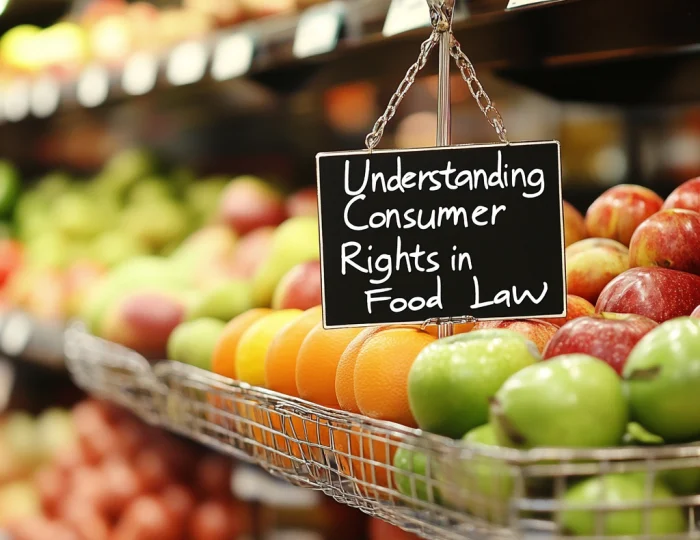
Consumers have the right to safe, accurately labeled, and high-quality food products. Understanding the legal framework that protects these rights is essential for ensuring that consumers are not misled or put at risk. In this guide, we will explore the key aspects of food law that govern consumer rights, including safety standards, labeling requirements, and quality control.
Food Safety Regulations
One of the most fundamental consumer rights in food law is the right to safe food. Governments around the world have established strict regulations to ensure that the food supply is free from harmful contaminants, pathogens, and other hazards. These regulations typically cover:
- Hygiene standards for food production, handling, and storage
- Monitoring and control of foodborne illnesses
- Inspection of food facilities and processes
- Regulation of additives and preservatives
By enforcing these regulations, authorities aim to prevent foodborne illnesses and protect consumers from unsafe food practices. Consumers can be confident that the food they purchase meets basic safety standards, and they have the right to expect that these standards are upheld by food producers and suppliers.
Labeling Requirements
Another crucial aspect of consumer rights in food law is accurate labeling. Food labels provide essential information about the contents of a product, including:
- Ingredients
- Nutritional values
- Allergen information
- Country of origin
- Expiration dates
Labeling regulations vary by country, but they are generally designed to ensure that consumers can make informed choices about the food they buy. For example, labels must accurately list all ingredients, using standardized names and avoiding misleading claims. Nutritional information must be presented in a clear and understandable format, allowing consumers to assess the healthiness of a product. Allergen information is particularly important for individuals with food allergies, who rely on labels to avoid potentially harmful substances.
Country of origin labeling is also significant, as it allows consumers to support local producers or make ethical choices about the origin of their food. Expiration dates ensure that consumers do not purchase or consume expired products, which could pose health risks.
Quality Control and Standards
Consumers have the right to expect that the food they purchase meets certain quality standards. While these standards can vary based on the type of food and local regulations, they generally cover aspects such as:
- Freshness and spoilage
- Uniformity and consistency
- Purity and authenticity
- Grade or class of the product
Quality control measures are typically enforced through inspections, sampling, and testing by regulatory authorities. For example, fresh produce may be inspected for signs of spoilage, while processed foods may be tested for adulteration or mislabeling. These measures help to ensure that consumers get what they pay for and are not deceived by false claims or substandard products.
Enforcement and Remedies
While the legal framework for protecting consumer rights in food is robust, enforcement can vary, and violations do occur. When consumers believe that their rights have been violated, they may have several remedies available to them:
- Filing a complaint with regulatory authorities
- Seeking a refund or compensation from the seller
- Taking legal action, particularly in cases of serious harm or fraud
Regulatory agencies are responsible for investigating complaints and taking action against violators of food law. In some cases, they may issue recalls of unsafe products, impose fines, or revoke licenses. Consumers can also seek redress through civil courts, especially if they have suffered harm due to a food-related issue, such as food poisoning or mislabeling.
Conclusion
Understanding consumer rights in food law is essential for making informed choices and holding food producers and suppliers accountable. By knowing what to expect in terms of safety, labeling, and quality, consumers can protect themselves and contribute to a more transparent and trustworthy food market. For more information about Consumer Rights in Food Law, please reach out to Juris Law Group.
